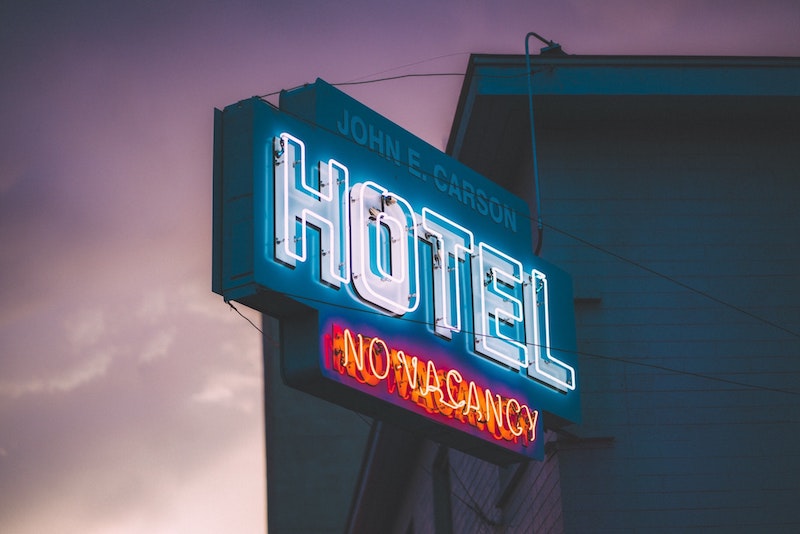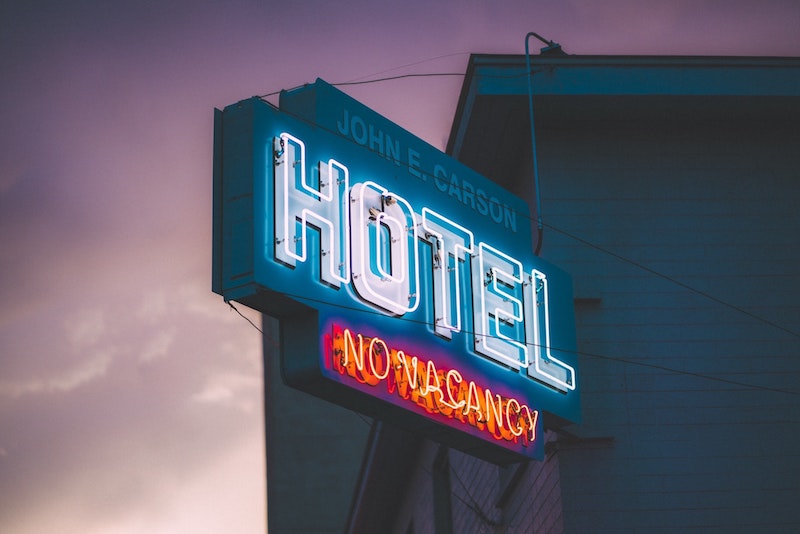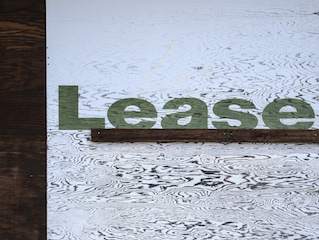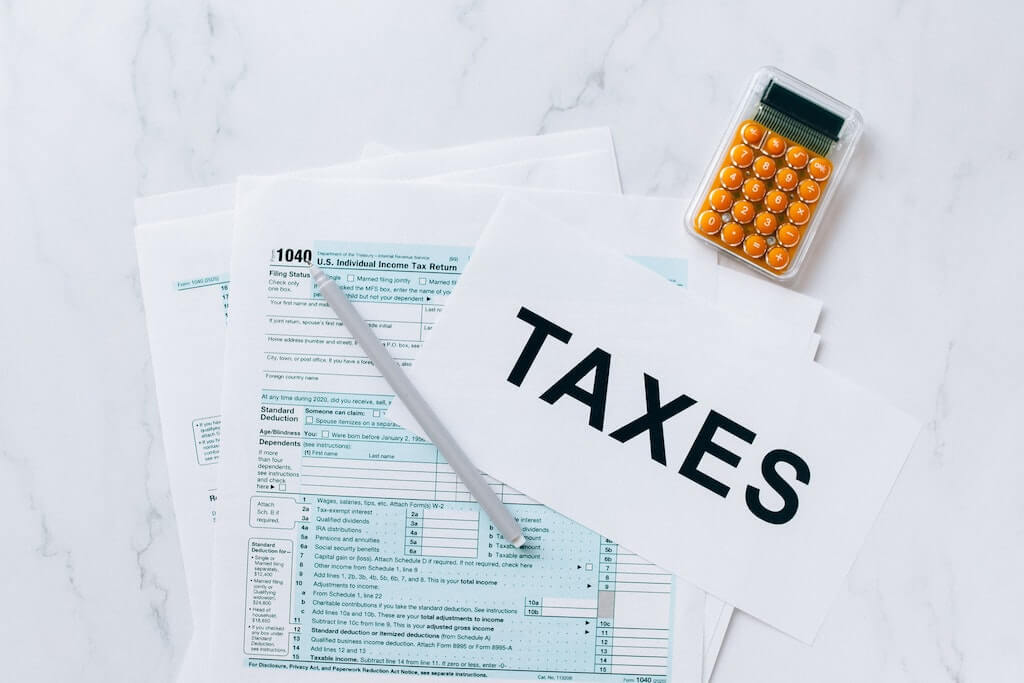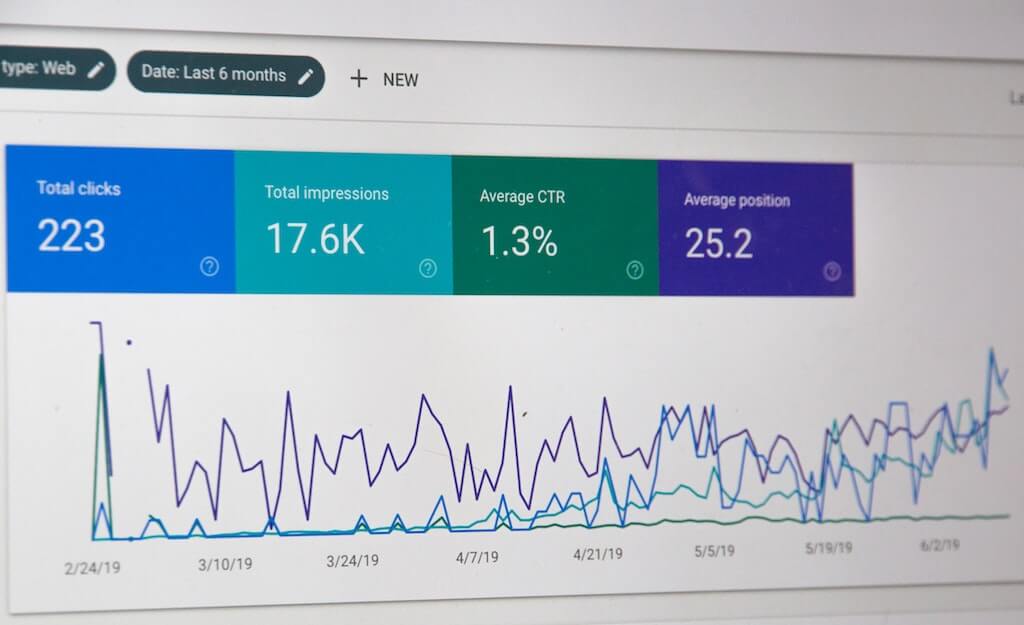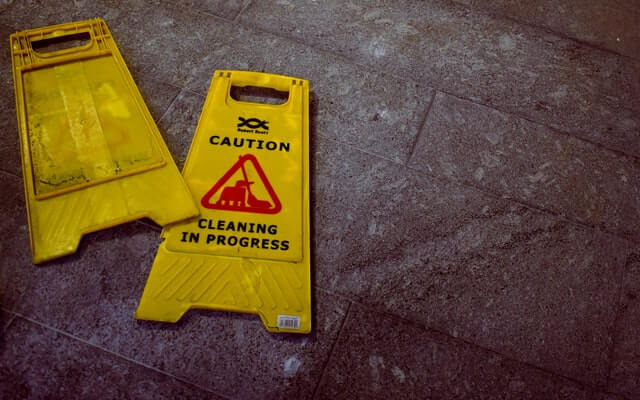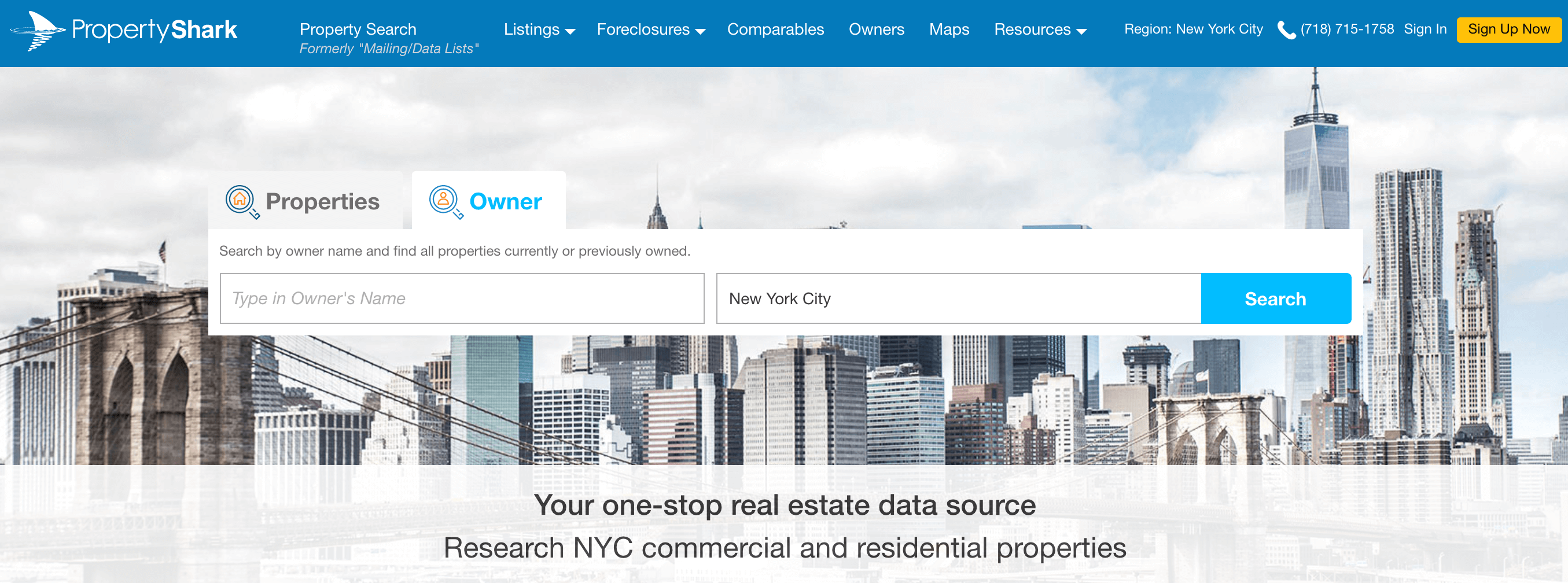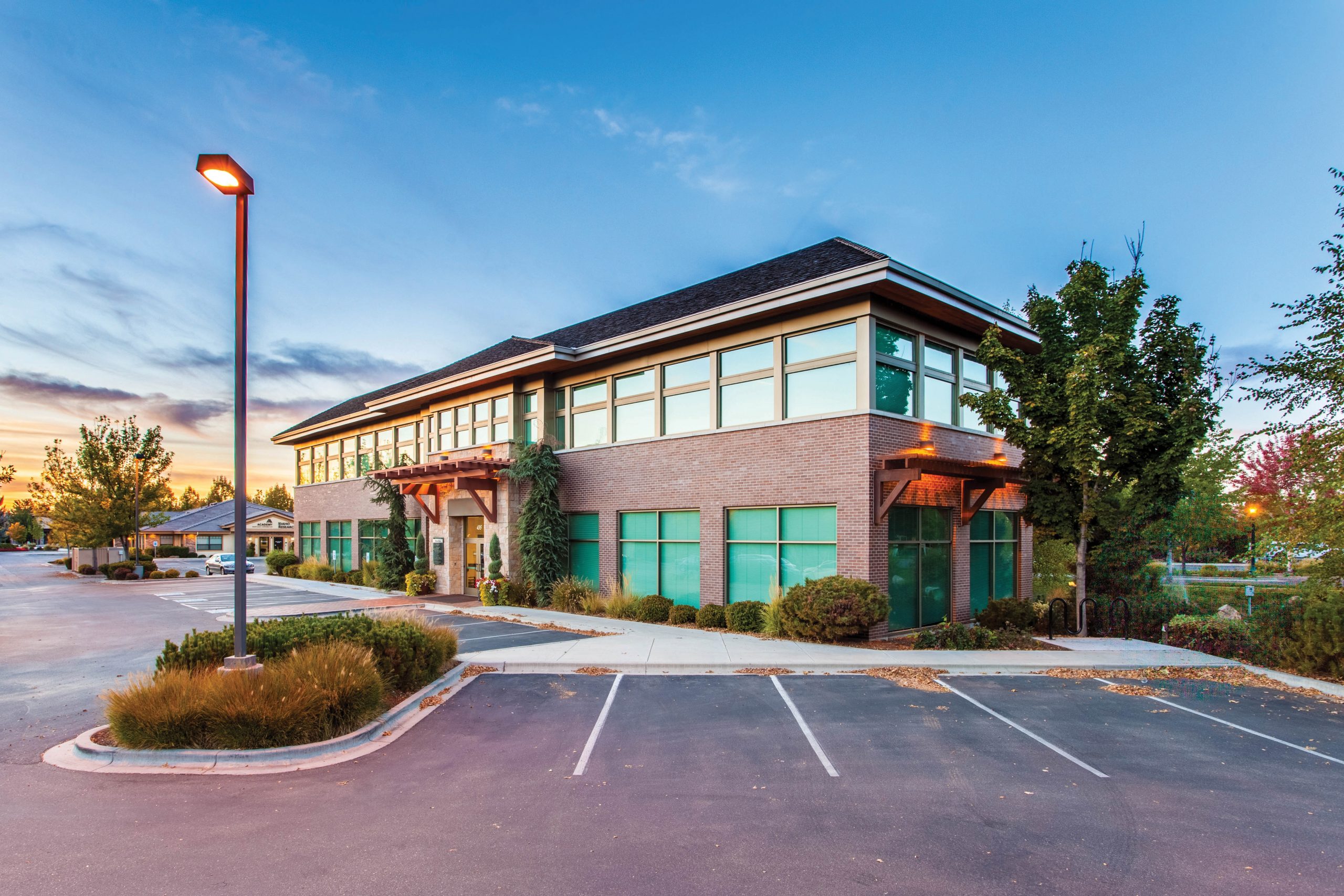There are many different types of commercial real estate you can invest in, including multi-family, retail, and industrial. But one segment that often gets overlooked is hotels.
So, are hotels really a good investment? Will they be profitable? And how exactly do you go about investing in a hotel?
We’ll answer all these questions and more in this complete guide.
Should You Invest in a Hotel?
Like all forms of commercial real estate, whether or not you should invest in a hotel is largely up to you. Buying and managing a hotel property is a big commitment, so you need to make sure you’re prepared for it.
If you do have your heart set on buying a hotel there are two things you need to know:
It’s a Large Financial Investment: Buying a hotel that’s part of a franchise will cost at least $195,000. Then you need to consider all the other costs that come along with owning a hotel, including maintenance, repairs, renovations, and staff.
It’s a Lot of Work: In order to continue to attract guests you’ll have to keep your property in pristine condition. You’ll also need to hire and train staff to ensure you provide an exceptional experience for your guests. If you’re not prepared to do this yourself, make sure to hire a skilled manager to oversee the property.
If the cost and the workload don’t bother you, and you find a profitable hotel that’s a good deal, then you should absolutely invest in it. However, if you’re looking for a low-cost investment that’s more hands-off then a hotel likely isn’t for you.
Are Hotels Good Investments?
The answer to this question really depends on the property you’re looking at. Some hotels are great investments that you should absolutely pounce on. Others are mediocre to poor investments that will require way too much of your time and money to make profitable.
A better question to ask is, what makes a hotel a good investment? Here are a few things to look for:
Location: While this is an important factor for all types of real estate, it’s especially important for hotels. If your property isn’t located near airports, attractions, restaurants, beaches, and other areas frequented by tourists then you’re going to have a hard time attracting guests.
Is it a Brand Name Hotel? Investing in a brand-name hotel is more expensive, but it’s also easier. Because you already have brand recognition you won’t need to invest as much in marketing. Plus, lenders will be more likely to finance your business with a big brand attached to it.
Profit & Loss Statement: Have a look at the profit and loss statement (P&L) over the last three years. This will tell you whether or not the hotel is actually making money on a consistent basis.
Operating Expenses: Hotels are expensive to run, so make sure to review the operating expenses over the last few years. This will allow you to estimate your yearly costs. You can also have the property inspected to identify any potential issues you might have to deal with down the line. The fewer expenses there are the better the investment is.
Occupancy Rate: Is the hotel regularly full? Are there any downtimes of the year where things slow down? Look at the occupancy rate over the last three years to answer these questions. Ideally, any hotel you invest in will already be popular with guests, which makes it a lot easier to promote.
Average Rate: Just because a hotel is busy doesn’t mean it’s profitable. If the hotel has to offer lower rates to attract guests then there might be underlying issues. Compare a hotel’s rates to similar properties to see how they match up. If a property is charging average or higher than average rates and still attracting a lot of guests, that’s a good sign.
Decor: The look and feel of a hotel play a big part in whether or not people want to stay there. If a hotel’s decor is old and out of date it’s likely going to need to be replaced, which is an added expense.
Amenities: Amenities like pools, spas, and gyms will attract more guests, but they also mean more work for you and your staff. Keep that in mind when considering whether or not a specific hotel is right for you.
If a property passes all the above tests then yes, it is most certainly a good investment. Just make sure to do your research so there aren’t any surprises after you take possession.
How Much Do Hotel Owners Make?
On average, hotel owners can expect to make anywhere from $49,000 – $74,000 per year. However, depending on the size and profitability of your hotel you could potentially make much more.
Keep in mind that these salaries are based on the profits you’ll have leftover after you reinvest money back into the business. While a hotel will likely generate much more revenue than the salaries listed above, a lot of that money will have to be used for employee wages, repairs and maintenance, upgrades, franchise fees, and other expenses.
Of course, that salary estimate doesn’t take into account the appreciation of your property’s value. Assuming you maintain your hotel well it will increase in value every year and could net you a healthy profit if you choose to sell it in the future.
The Pros and Cons of Investing in Hotels
Below are some reasons why hotels can be a great and investment, as well as a few reasons why they might not be right for you:
Pros
Easy to Raise Rates: Having long-term tenants is great for stability, but it also makes it difficult to raise rents. However, with hotels all your guests are temporary. This makes it easy to raise your rates whenever it makes sense to do so.
High Yield: Studies show that hotels generally trade at higher cap rates than other types of commercial properties.
Tax Benefits: As you depreciate the asset, you can subtract those losses from your income for a tax credit. Hotels have a number of real, personal, and intangible assets that can be written off, meaning they provide a number of tax benefits.
They Provide Lots of Jobs: Hotels require dozens, maybe even hundreds of staff to be run effectively. This creates a lot of jobs and helps the local economy. For many hotel owners, this is a major source of pride.
Cons
Less Stability: With multi-family and retail properties you can have tenants sign leases for multiple years. This gives you a great amount of stability and security. However, you don’t have this luxury with hotels. Every guest is temporary and you might experience busy and slow times during the year.
More Involved: Other types of commercial properties also give you the option of signing net leases, which make tenants responsible for certain aspects of the property. You don’t have this option with hotels, which means you’re always responsible for every area of the business.
Hiring Staff: Hotels require a lot more staff than other types of commercial properties. Hiring and managing your team is very time-consuming, and you need to develop systems to ensure you consistently hire the right people.
How to Invest in a Hotel
Want to know how to own hotel business? There are many different hotel investment opportunities available, even if you’re not interested in buying an entire property yourself. Here are three different ways to invest in a hotel:
Buy a Hotel
This is the most direct way to invest in a hotel, but as we’ve already discussed it’s not for everyone. Sure, you get to keep all the profits for yourself, but you also take on all the risk. It’s not a passive investment and will require a lot of involvement on your part to ensure it’s managed in a profitable way.
Join a Crowdfunded Hotel Investment
If you don’t have the capital to buy a hotel then a crowdfunded investment might be a better option for you. In this scenario, the investor lists the deal on a crowdfunding platform to raise money to buy the hotel. You can then invest an amount you feel comfortable with and own a piece of the property. While investing in this way limits your upside it also greatly reduces your risk.
Plus, you don’t need nearly as much capital.
Buy a Stock
The simplest way to invest in hotels is through the stock market. There are many different hotel investment funds (known as hospitality REITS) that allow you to invest in multiple hotels at once. You can also buy the stocks of publicly traded hotel companies that you feel have the potential to go up in value.
Conclusion
As you can see, there’s a lot to consider when investing in hotel properties. This is why most seasoned investors partner with an experienced commercial real estate broker. These professionals can help you identify hotels that meet your criteria, arrange inspections, value properties, and negotiate a fair price.
Hotels can be an excellent investment if you find the right deal. Just make sure to do your homework and seek advice from experts to find the best properties.
